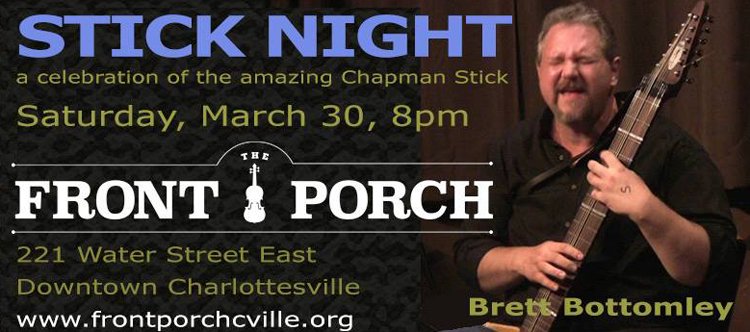This
isn't an easy thing for me to talk or write about. I have severe learning
disabilities. They effect everything I do, from playing music to driving
home
from work without
getting lost. I can supply labels ..... dyslexia, dyscalculia, dysgraphia
they all are accurate ...., and yet don't scratch the surface of
what I go through.
I am not looking for any sympathy....REALLY I'm not.
I'm just hoping
that by expressing myself I might help someone else (who
has a mind like
mine) deal with music in a more practical way.
.
I'll start by explaining
in real terms how I learn (or how I don't learn). It's a
working memory thing.
I have a high IQ, however my working memory has
been measured in
the second percentile on a standardized Test.
This was a standardized
test designed to see how the working
memory of dementia
patients fared. So my "working" memory is really bad.
Basically I find
it almost impossible to take two or more memories and store
them together. This
means driving directions, simple melodies, chord
progressions, arpeggio
shapes over more than two strings. And, countless
other daily task
which most people take for granted.
.
So, for me learning
a song in one key and using one fingering can take 3-40
years and I can
wake up and not have it on any given morning.
.
But I play Jazz
on the Chapman stick.......
How and why do I
do this????
.
The why for me is
easier to explain. I love music. And, my disabilities affect
EVERYTHING in my
life. ANY high artistic or intellectual pursuit would be
really hard. In
fact because music is aurally based and many many do not
possess the aural
understanding which we may think they have, it is an
easier pursuit for
me. If I were to attempt to learn a new language and I
began to fake it
by using nonsense syllables I would be immediately outed
as someone who does
not understand the language. With music you can
fake a lot of an
improvised solo..... not understanding what you are saying
and it goes over
most people's heads....... not all. So I play music.
.
How do I do it?
Well, there are several rules which I follow, I will list them below.
.
I work on the same
15-20 tunes always
I work on Chord
tones in one or two positions
I practice 2-3 hours
everyday
I don't bother with
things which I can't apply directly ( this means I do not know my triads,
I have never learned a pentatonic scale etc.)
I play what I truly
understand and use my ear always (so, really I'm not faking anything)
I have done active
ear training every day for 34 years.
I play the Chapman
Stick
This last one is
really important.
Before I was a stick
player I was an upright and electric bassist. I went to Berklee and spent
my hours of practice on those instruments. Day after day, year after year.......I
lost gigs and band mates.
You see a jazz bassist
is supposed to know hundreds of tunes and pick up
new tunes quickly.
Not my idea of fun. The Chapman stock was for me the perfect tool. I could
learn at my own pace and learn the few tunes which meant the most to me.
I didn't need to find people willing to play with me.
.
So, if there are
any musicians out there who find a kinship with my story,
please feel free
to contact me. And finally and always my thanks to Emmett
Chapman for creating
an instrument which allows me to pursue my musical
aspirations and
dreams. Without the stick........ I'm not sure if I would still be
a musician. And
thank you to the greater stick community for your caring
and acceptance.
.
Thanks Brett for
sharing. I wish you the best.
Epakta
.

|
|



